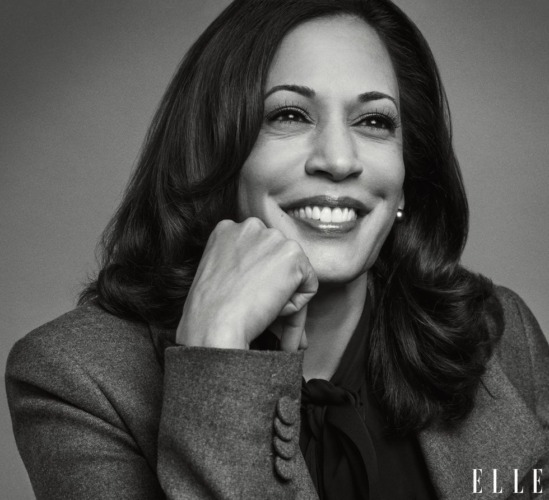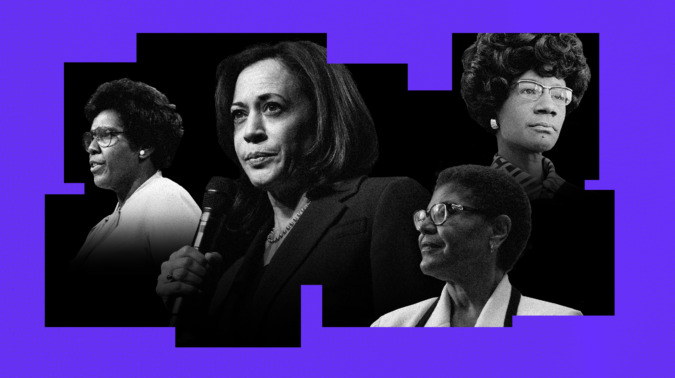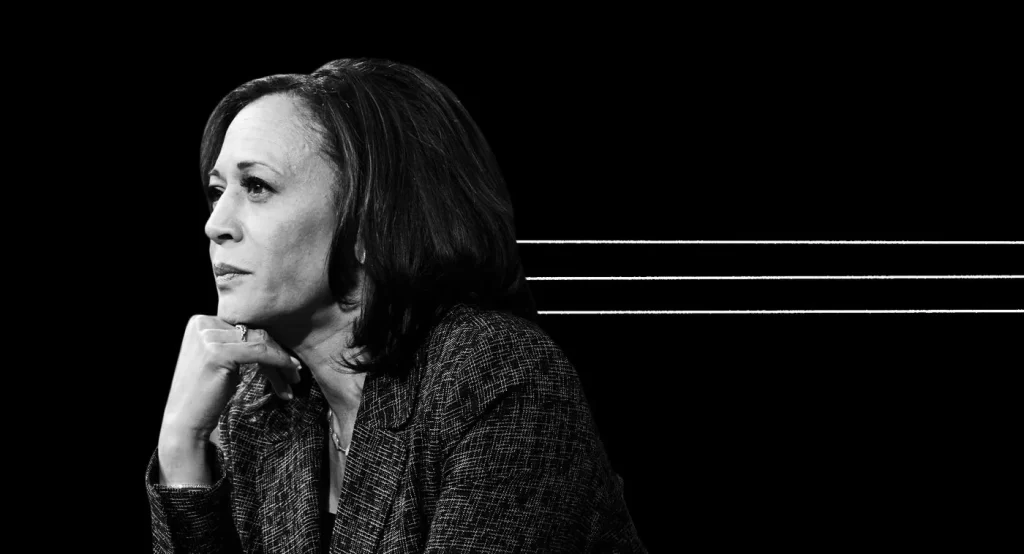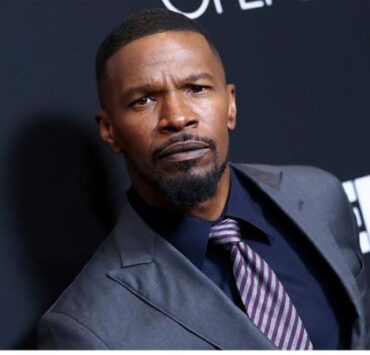
Throughout history, marginalized communities, particularly the Black community, have faced significant challenges due to distorted narratives that have shaped their representation in society.
Recognizing the significance of accurate historical accounts, Kamala Harris, the first woman of South Asian and Black heritage to hold the office of Vice President of the United States, has emerged as a staunch advocate against distorted Black history.
In this article, we will explore Kamala Harris’s efforts in opposing distorted Black history and the importance of acknowledging the true contributions of the Black community.
But before we move ahead, how about showering some love on our social media pages?
The Power of Historical Narratives
History serves as a crucial foundation for understanding the present and shaping the future. However, history is not immune to manipulation, bias, and distortion, especially when it comes to the narratives of marginalized groups.

Throughout the centuries, the Black community has faced a multitude of challenges, including slavery, segregation, and systemic discrimination. Unfortunately, these injustices have often been downplayed, overlooked, or manipulated, perpetuating harmful stereotypes and obscuring the true richness of Black history.
Kamala Harris’s Background and Heritage
Kamala Harris’s personal background and heritage have played a significant role in shaping her perspective on the importance of historical accuracy.
As the daughter of immigrants from India and Jamaica, Harris has experienced firsthand the power of diverse narratives in fostering understanding and inclusivity. This unique perspective has driven her commitment to promoting an unbiased and comprehensive representation of Black history in the United States.
Opposing Distorted Black History
From her early days as a prosecutor to her current role as Vice President, Kamala Harris has consistently opposed distorted Black history.
As a lawmaker, she has fought for reforms in education and criminal justice to address the historical biases that continue to affect the Black community disproportionately.
Promoting Inclusive Education
Education is a powerful tool for shaping societal attitudes and beliefs. Recognizing this, Kamala Harris has been a strong proponent of inclusive education that accurately portrays the role of Black Americans in shaping the nation’s history and culture.
She believes that by providing students with a well-rounded education that encompasses diverse perspectives, we can foster empathy, understanding, and appreciation for the struggles and achievements of the Black community.
Harris’s advocacy for inclusive education goes beyond textbooks and classrooms. She supports initiatives that provide adequate resources to schools in underprivileged communities, ensuring that students, regardless of their background, have equal opportunities to learn and succeed.


By empowering the next generation with accurate knowledge of Black history, Harris aims to break down stereotypes and build a more equitable future.
Criminal Justice Reform
The criminal justice system has long been plagued by racial disparities and biases, rooted in a history of distorted perceptions of Black individuals. Kamala Harris recognizes that addressing these issues requires a deeper understanding of historical context.
As a senator and vice president, she has been at the forefront of efforts to reform the criminal justice system and rectify the systemic injustices that have affected Black communities for generations.
Harris’s support for criminal justice reform includes advocating for fair sentencing practices, ending the school-to-prison pipeline, and investing in rehabilitation and community-based alternatives to incarceration. By acknowledging and confronting the historical roots of inequities, she aims to foster a justice system that treats all individuals fairly and equally.
Promoting Black Voices
Kamala Harris understands that as a person of mixed heritage, it is not her place to speak on behalf of the Black community. Instead, she strives to uplift and amplify the voices of Black leaders, activists, and scholars.


By giving them a platform to share their experiences and insights, Harris ensures that the narrative of Black history is told authentically by those directly affected by it.
In her role as Vice President, Harris has been instrumental in bringing attention to issues faced by the Black community and advocating for policies that address their unique needs and challenges. She has met with community leaders, engaged in dialogues with activists, and actively listened to the concerns of Black Americans. By elevating Black voices and perspectives, Harris works towards breaking the cycle of distorted history and promoting a more inclusive and accurate narrative.
Conclusion
Kamala Harris’s unwavering commitment to opposing distorted Black history reflects her dedication to social justice, equity, and inclusivity.
Through her advocacy for inclusive education, criminal justice reform, and the amplification of Black voices, she strives to rectify historical injustices and build a more equitable future.
By understanding and acknowledging the true contributions of the Black community, we can collectively work towards a society that values diversity and promotes a more accurate and inclusive representation of history. Kamala Harris’s efforts serve as an inspiration for all to confront distorted narratives and foster a more just and empathetic world
What's Your Reaction?
One of my friends once said, I am in love with words and a zoned out poser... well, I will keep it the way it has been said! Besides that you can call me a compulsive poet, wanna-be painter and an amateur photographer


















She is doing a right thing. In fact history should be analysed again to know the truth.